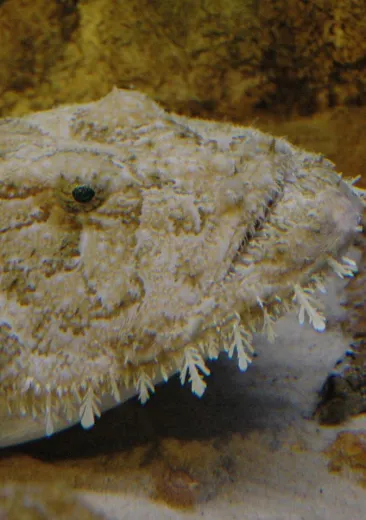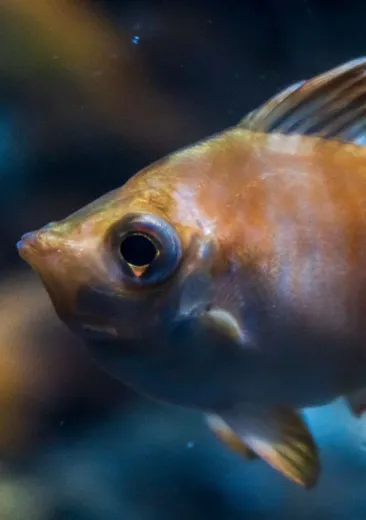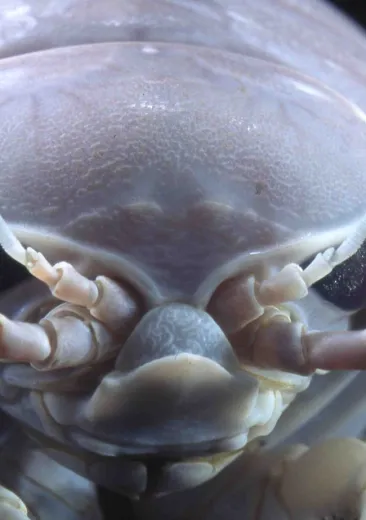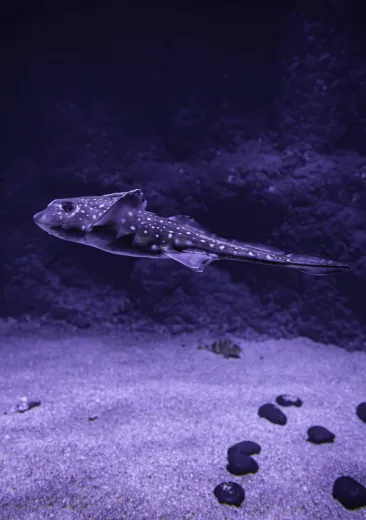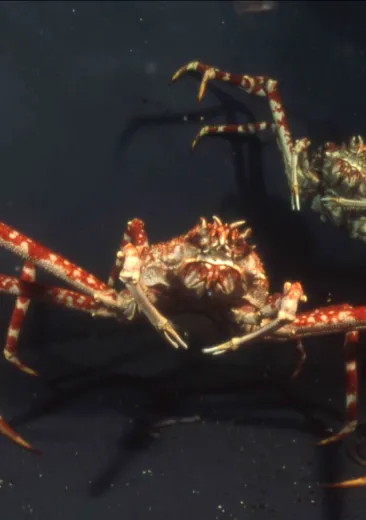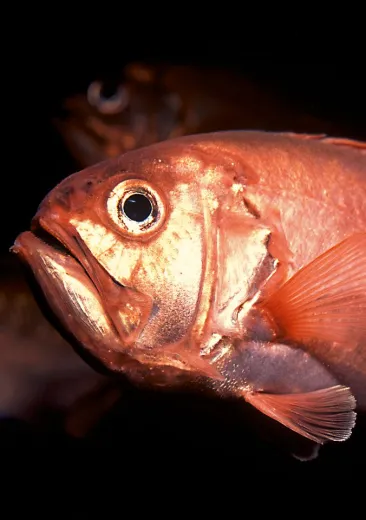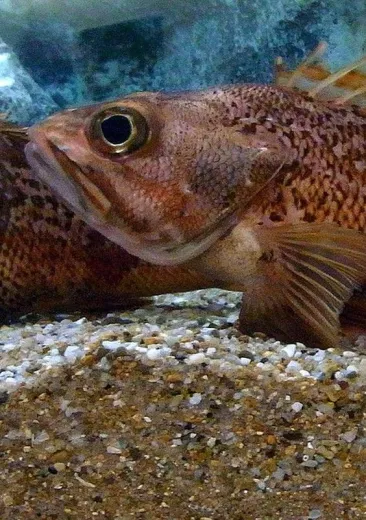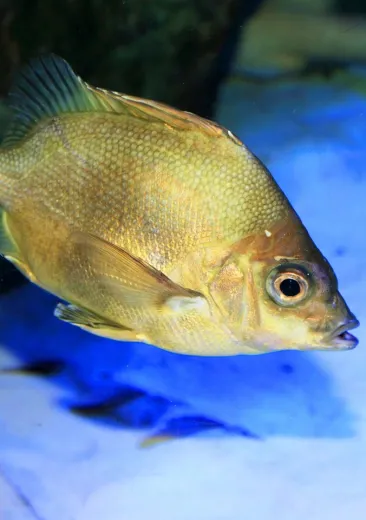The longspine snipefish is a gregarious fish: it can form shoals of several hundred individuals. This species breeds in winter; males and females are distinct.

Identity card
Longspine Snipefish
- Scientific name:
- Macroramphosus scolopax
- Family:
- Macroramphosidae
- Class:
- Anthozoa
- Phylum:
- Chordata
- Year of description:
- Linnaeus, 1758
- IUCN Status:
- Least Concern
- Distribution:
-
Mediterranean, Atlantic and Indo-Pacific
- Habitat:
-
Between 100 and 250 m deep
- Size:
10 to 14 cm, 20 cm max
- Diet:
-
Carnivorous, mostly crustaceans.



